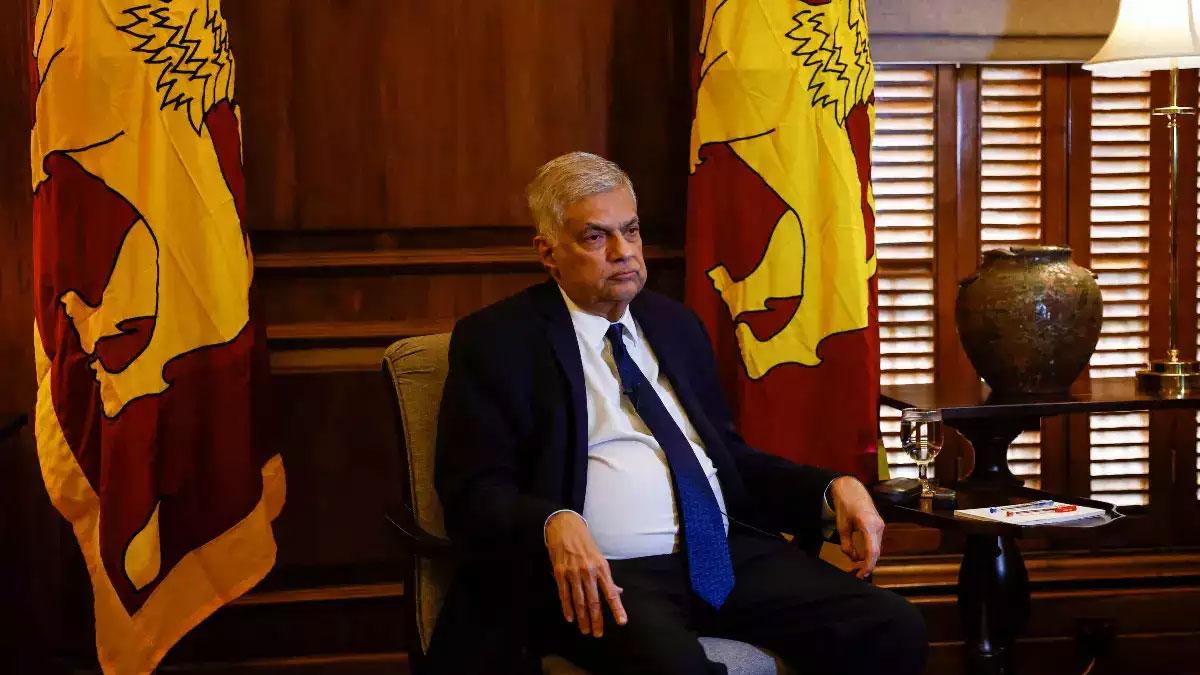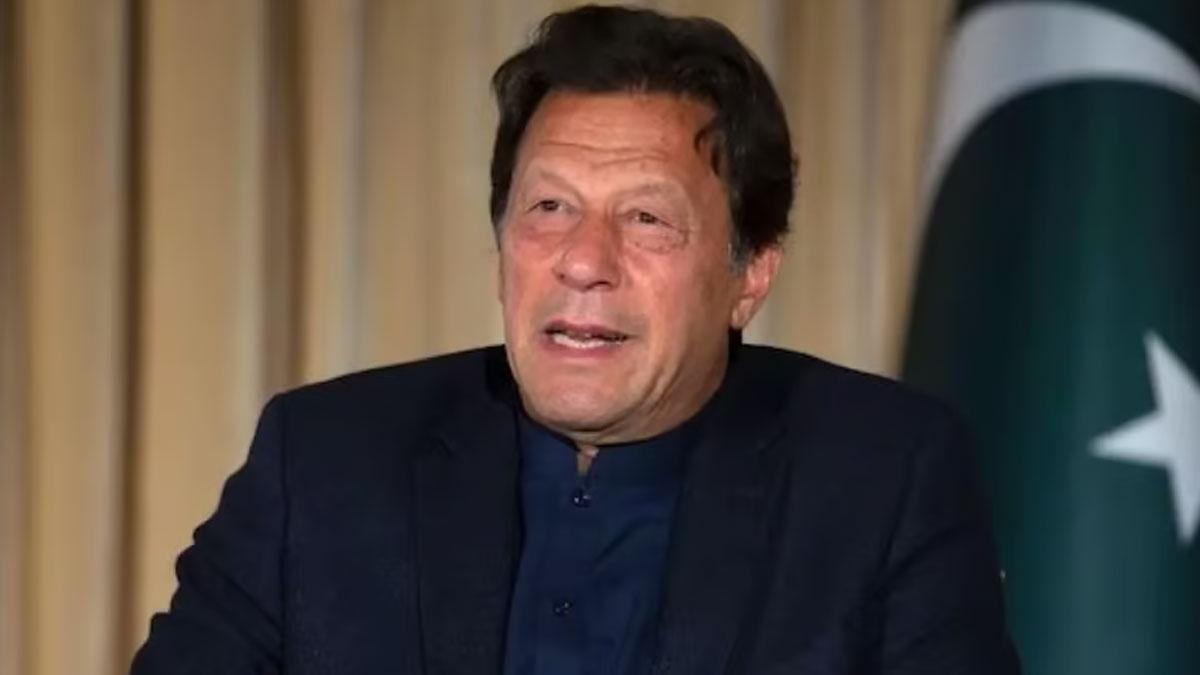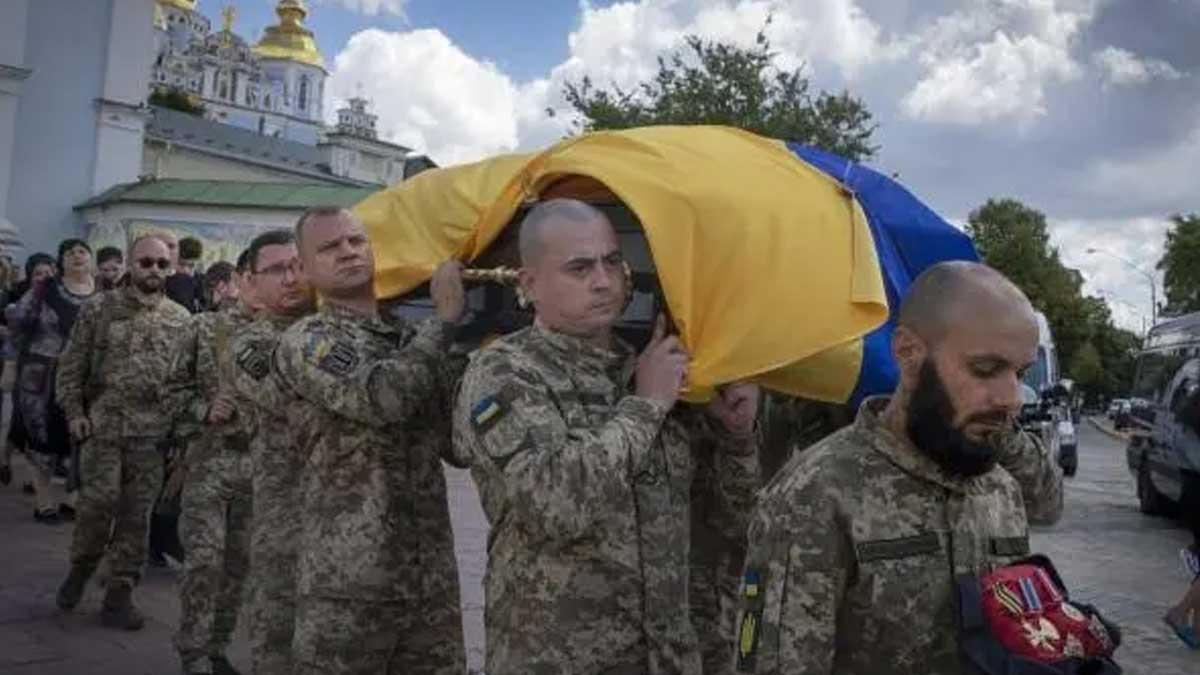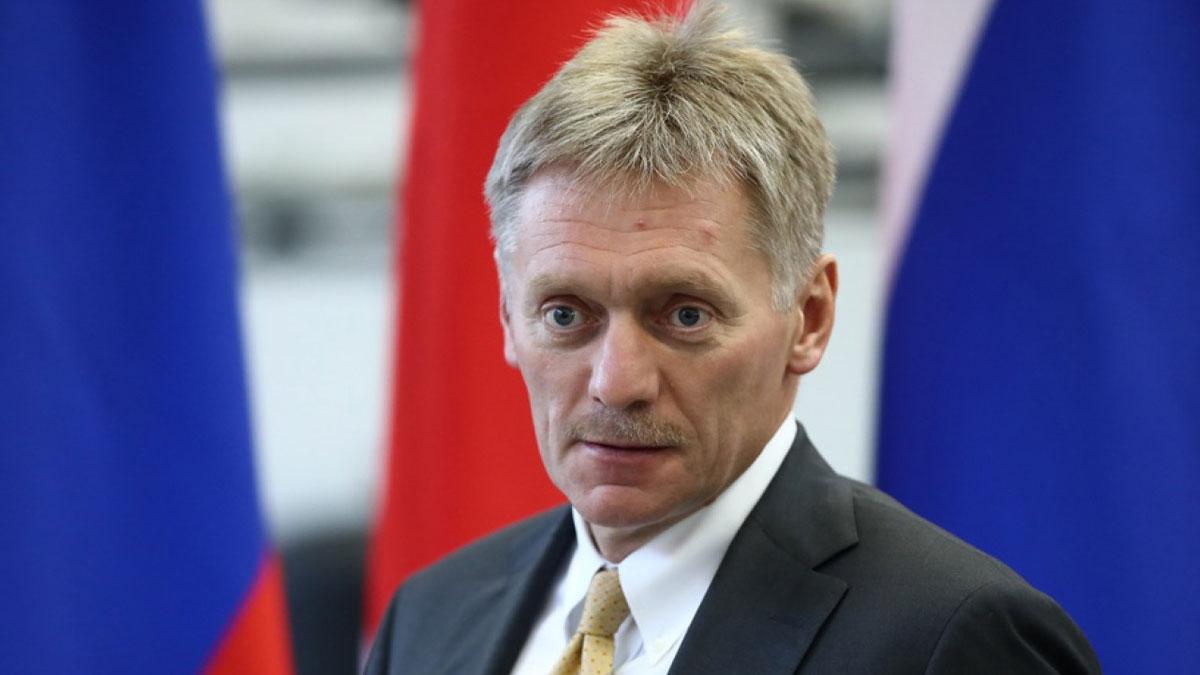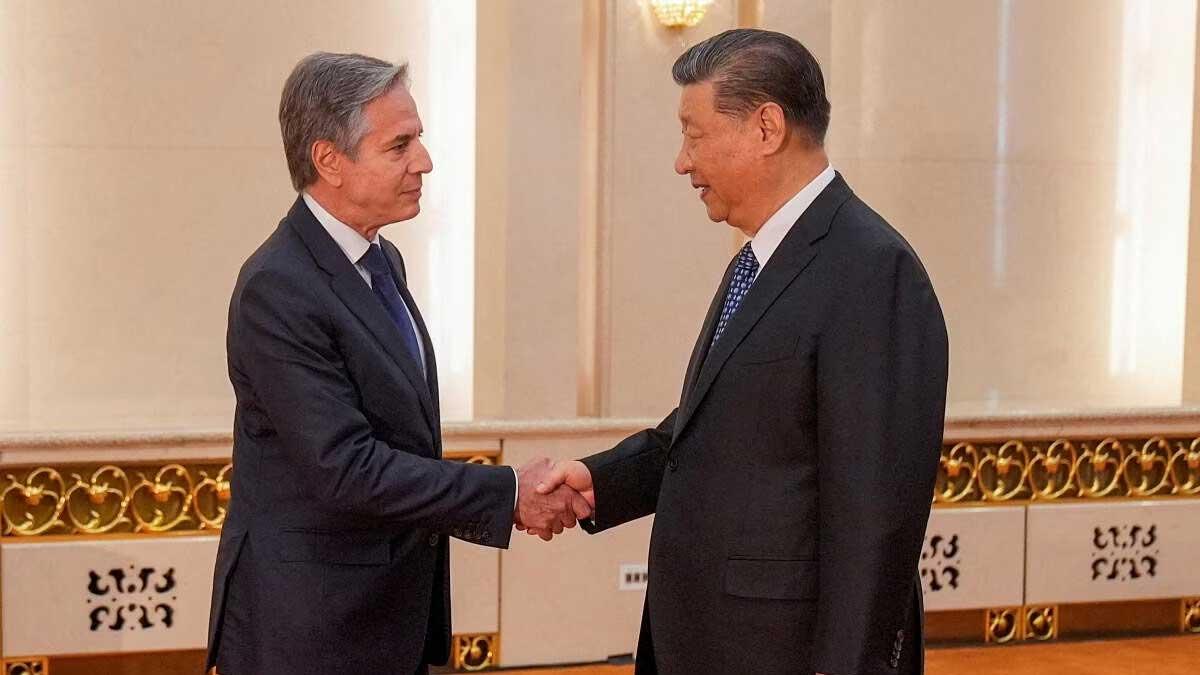Sri Lankan President Ranil Wickremesinghe expressed support on Friday for the India-proposed 13th Amendment as a resolution to address the prolonged demand of the minority Tamil community for political autonomy. Persistent pressure from India has urged Sri Lanka to implement the 13th Amendment, established after the Indo-Sri Lankan agreement of 1987, aiming to devolve power to the Tamil community. Speaking to a gathering of professionals in Jaffna, the capital of the Tamil-dominated Northern Province, Wickremesinghe emphasized that the devolution of power should not only be a political concept but also an economic reality.
Incorporated into Sri Lanka's constitution in 1987 through direct intervention by the then-Indian government led by Prime Minister Rajiv Gandhi, the 13th Amendment created nine provincial councils, including a temporary merger of the North and East, considered the traditional homeland by the Tamil minority.
Addressing the potential economic benefits, Wickremesinghe stated, "If we examine the provisions of the 13 Amendment, there is ample authority to establish a robust local economy. We pledge not to intervene in those affairs. I am encouraging you to take the initiative."
Highlighting the financial dependence of provinces on the Western Province, Wickremesinghe advocated for a reconsideration of the current situation. He urged the utilization of powers within the 13th Amendment, emphasizing that each province can independently chart its course to development. The President's proposal to grant full powers, excluding police, to provinces faced opposition from the influential Buddhist clergy, who expressed concerns about endangering Sri Lanka's unitary state.
Despite Wickremesinghe's efforts to reach a consensus through an all-political party meeting last year, the discussions on implementing the 13th Amendment ended in a stalemate. Drawing parallels with other nations, the President questioned, "Take Japan, for instance; it is not a federal state, yet various departments and regions are well developed... Look at the United Kingdom – Scotland and Wales have their own developed economies. Why can’t we emulate such functioning regional economies?"
The Liberation Tigers of Tamil Eelam (LTTE), which fought for a Tamil homeland for nearly 30 years, rejected the 13th Amendment and engaged in armed conflict with the Indian Army deployed under the Indo-Lanka Accord. In 2013, Tamils voted for their own chief minister for the first time, marking progress despite previous disruptions caused by the LTTE's armed campaign. Presently, Tamil political parties remain skeptical of the majority Sinhala south's political will to fully implement the 13th Amendment, with the demand for autonomy dating back to Sri Lanka's independence in 1948 and escalating into a violent conflict in the mid-70s. The Sri Lankan government has maintained a stringent stance against Tamilian groups since the collapse of the LTTE in 2009, following the death of its supreme leader, Velupillai Prabhakaran.
(With Agency Inputs)
ALSO READ | Sri Lanka Initiates Truth Commission in Bid for Reconciliation with Minority Tamils
ALSO READ | Three Sri Lankans, Including Former Army Captain, Fighting for Ukraine, Confirmed Dead

